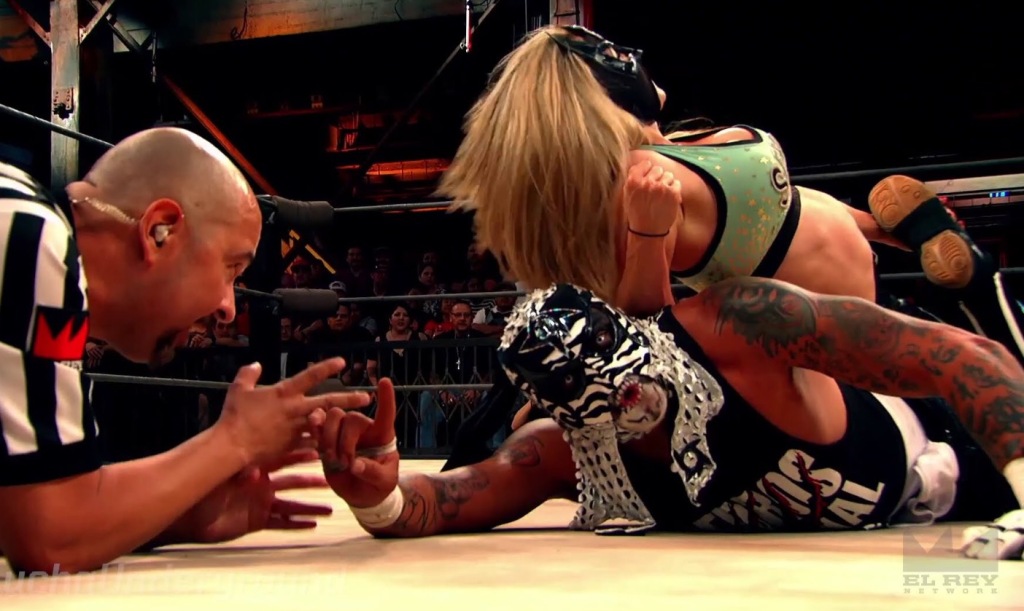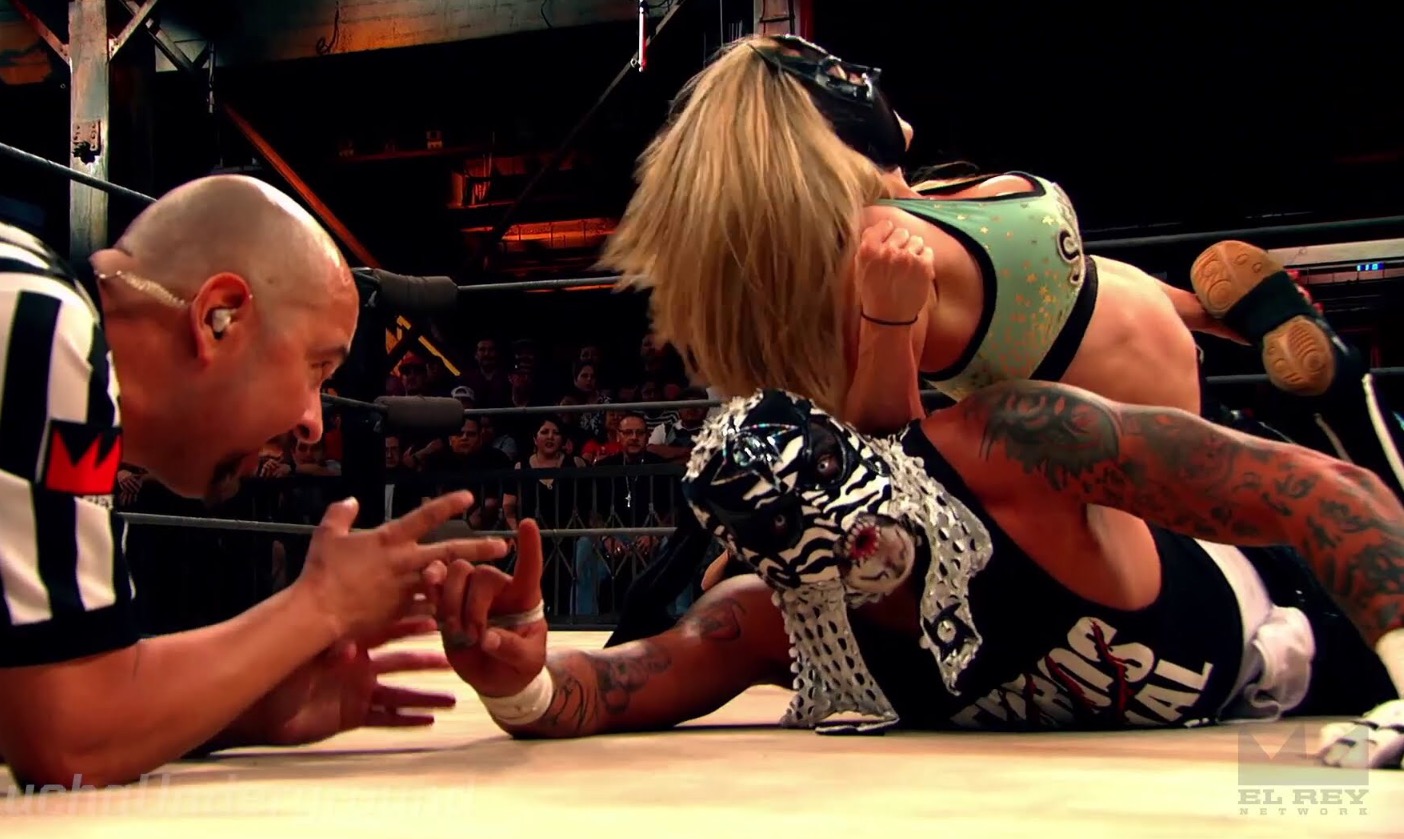Male vs female has been one of the most well-accepted dichotomies of all time. Expectations for different biological roles have tightened the focus on the differences between ‘male’ and ‘female’ designated bodies. Owing to this, sex is the first deciding factor in sport in terms of fairness: males compete against males, and females compete against females (for the most part.)
Only in certain circumstances are the lines blurred in any way. Transgender athletes, for example. If an athlete is transitioning female to male, the IOC’s rules are minimal. Off you go, have fun, good luck. Athletes transitioning male to female, however, must declare their gender identity as female and prove that their testosterone levels are below 10 Nmol/L for at least a year before as well as during competition. Even trans male athletes are regarded as having a disadvantage: see Nike’s advert from this year featuring Chris Mosier. Mosier is asked “How did you know you’d be fast enough to compete against men? […] Or strong enough?” His answer? “I didn’t.” In this advertisement, wrongly or not, Nike suggest that Mosier’s previous femininity might have held him back. That it didn’t suggests that the perceived weakness of the female body might be just that – all in the mind. No biological difference is insurmountable. Indeed, in Equestrian sport, or fencing, it is expected that skill make up for any strengths or weaknesses in physique; whether same-sex or intersex. Being that sports entertainment is a “work”, should the same not hold true?

There’s going to be discomfort surrounding intergender matches. Seeing a man and woman aggressively wailing on each other, especially within the context of WWE’s attempts at realism, is distressingly reminiscent of domestic violence – an issue which could potentially affect a larger percentage of the fanbase than one might assume. What’s more, with the current younger “Cenation” demographic, the WWE has to watch what they appear to condone to their younger fans (not to mention their sponsors). But, as we know, the WWE, or WWF as it was, hasn’t always been so conscious of this.
Let’s look back to the Attitude Era. The time of Bra and Panties Matches, The Dudley Boyz obsessively trying to put Trish Stratus through tables, and Val Venus’ incessant sexual innuendo. Amid all of this, No Mercy 1999: Chyna faces Jeff Jarrett in a Good Housekeeping Match — pictured in our site header — to decide the Intercontinental Championship. Jarrett’s aim is to make Chyna “understand the role of a woman”; Chyna’s is to validate her claim as a top card wrestler. This absurd gimmick match sets up every possible affront to women everywhere, but, the late, great, Chyna makes a mockery of it and turns around every sexist implication made about her. She gives as good as she gets — with every vaguely phallic weapon she can lay her hands on. Broom handles, salami, bananas: just as Jarrett seeks to humiliate Chyna with the tools for her “role as a woman”, Chyna humiliates him by battering him with objects reminiscent of what he assumes is a man’s role. Maybe, the WWF saw the error of their ways and thought to redress the balance? Maybe, but probably not. It’s Chyna’s skill as a performer and an athlete that means that her talent shines through all the sexist gimmickry and Lawler’s disgusting commentary.
Speaking to wrestling fans, a point often raised is this one: what would the male wrestler have to gain? Where’s the glory in defeating a woman? Perhaps the issue here is with the WWE’s contemporary style of wrestling. Firstly, the absurd gimmicks of the Attitude Era have been very much toned down, so there is no longer anything like that to hide an intergender match behind. Secondly, the average woman on the current roster is unlikely to triumph over the average man in a strength match. Bayley bopping Brock Lesnar with a burning hammer would send JR apoplectic. And, frankly, it would expose the business. But, in a booking where physiques are evenly matched, for example (a suggestion I was given) Asuka vs. AJ Styles, the fight would entirely come down to skill. With no need for stupid gimmicks, this would be two athletes using their brains as well as their brawn to best an opponent. If Kota Ibushi can work an exciting, even match with Yoshihiko and not lose any prestige, I’m sure AJ Styles can too. It’s time we stopped assuming that the female physique is an intrinsic disadvantage and started considering the ways that pure skill can reset the balance. I feel, however, that as long as the male and female rosters are as segregated as they are, the WWE will always struggle to set male and female wrestlers on a level pegging.
In Lucha Underground, in contrast, the sex of their characters appears to be irrelevant to the bookings. Sexy Star is offered just as many title shots as any pushed male in the WWE, and male characters weren’t bashful about challenging her for her Gift of the Gods title. The Worldwide Underground vs. Trios Champions feud brought us equal, exciting intergender matches with male/female tandem offense. So why dont Lucha Underground’s intergender matches seem inappropriate? We’re not uncomfortable in cinemas watching Wonder Woman or Black Widow kicking ass on a group of male bad guys, and Lucha Underground presents a similar situation: unlike the WWE, they aren’t trying to promote realism; with this, they have less reliance on gendered assumptions. Catrina’s Lick of Death and the Piedra Immortal, combined with the more “Hollywood” storylines, all contribute to a more mythological sense at Lucha Underground, raising the characters to a status more like powerful entities. This suspension of realism suspends our expectations for traditional gender norms — being as reality is based in our perceptions — meaning we associate Sexy Star, Taya, and Catrina more with Marvel and DC superheroes than the human women of the WWE.


With the rising talent in the WWE Women’s Division (and that they’re now referred to as women and not Divas), it’s easy to see why fans might want to see more challenges for them. But, in real terms, how much of a market would there really be for intergender matches in the WWE? In such a setting where casual sexism has long been the norm, aggression between men and women is uncomfortable for many. Making entertainment out of it — as the WWE does with Daniel Bryan’s abusive comments about Brie Bella’s appearance — leaves a bitter taste in the mouth, especially for victims and witnesses of domestic abuse. Removing the aggression might make it more palatable, but how could the WWE book that to get fans invested? The first rule for any storywriter is that there has to be a conflict. The McMahons don’t seem to be planning any intergender matches any time soon. And as long as they stick to their realistic wrestling promotion gimmick, I can’t see this changing. In all honesty, why would they? What they’re doing is working for them, without landing them in any hot water. A lot would have to change to make an intergender match palatable, risking not only exposing the business, but alter it entirely. For the contemporary WWE at least, the intergender match may have to stay an Underground concept.



I enjoyed the pun about pegging.
LikeLike